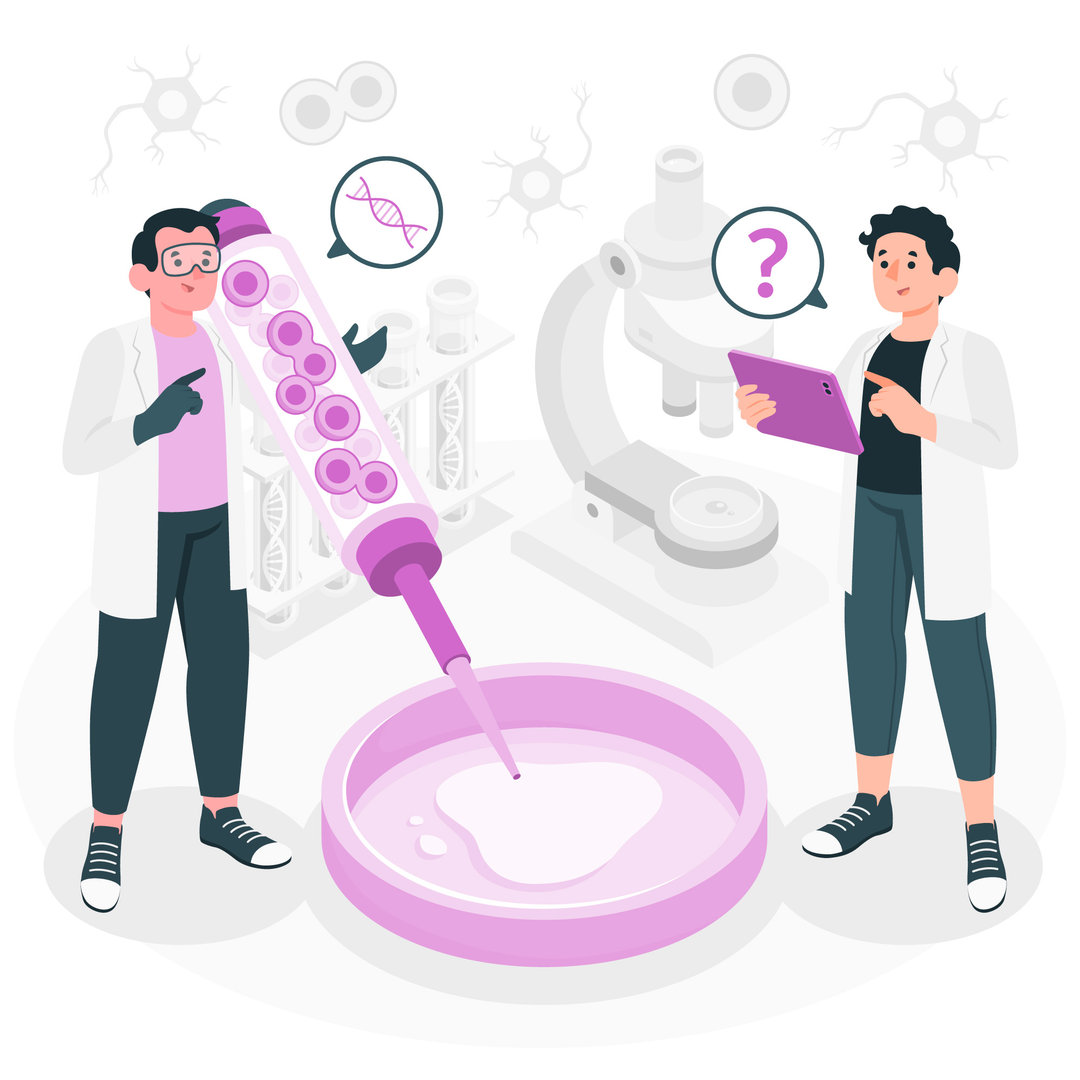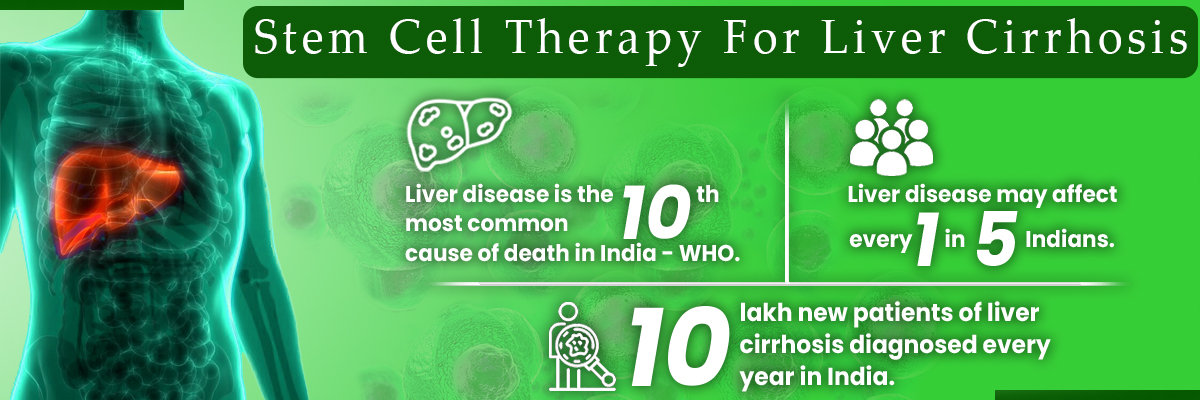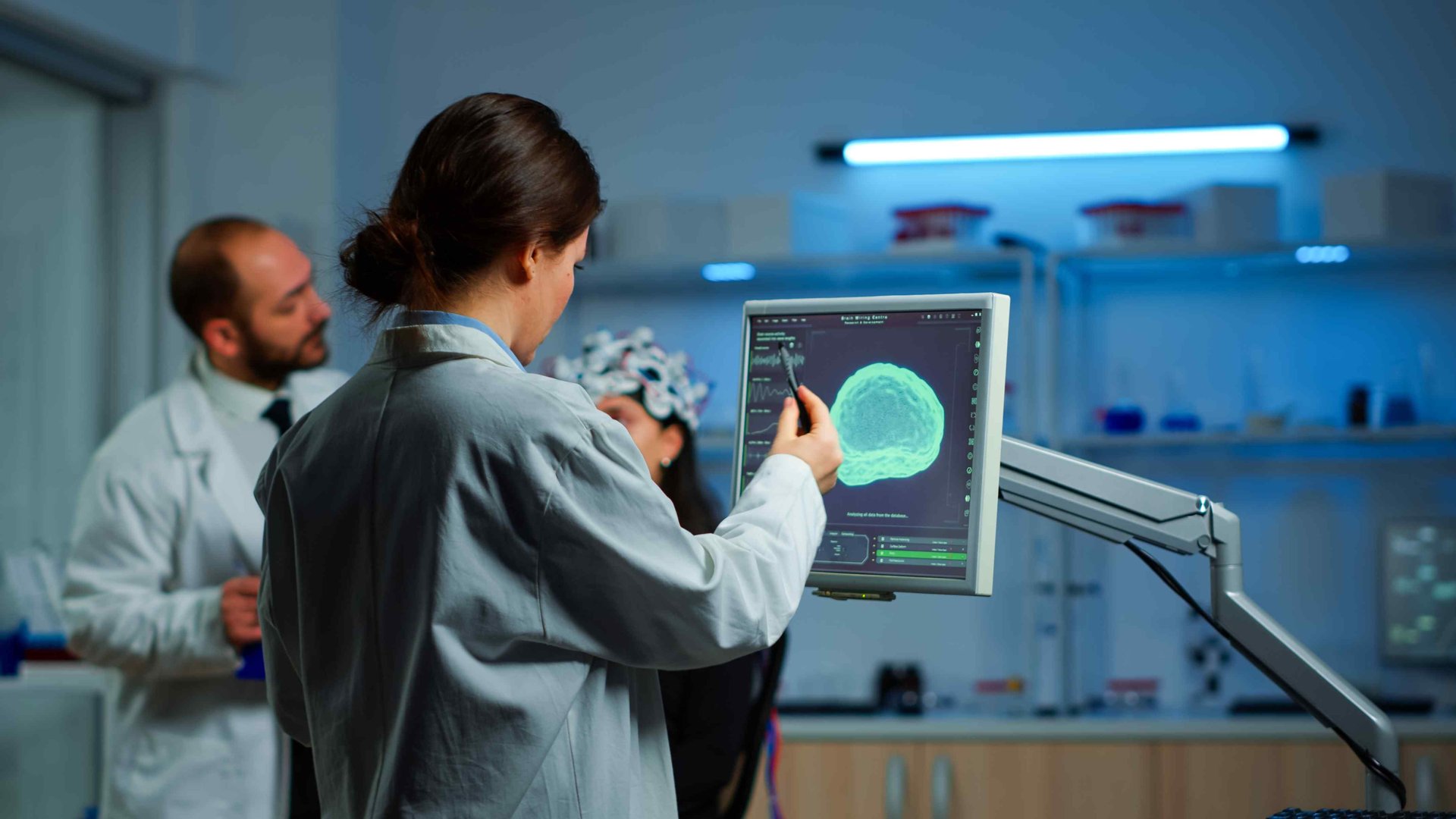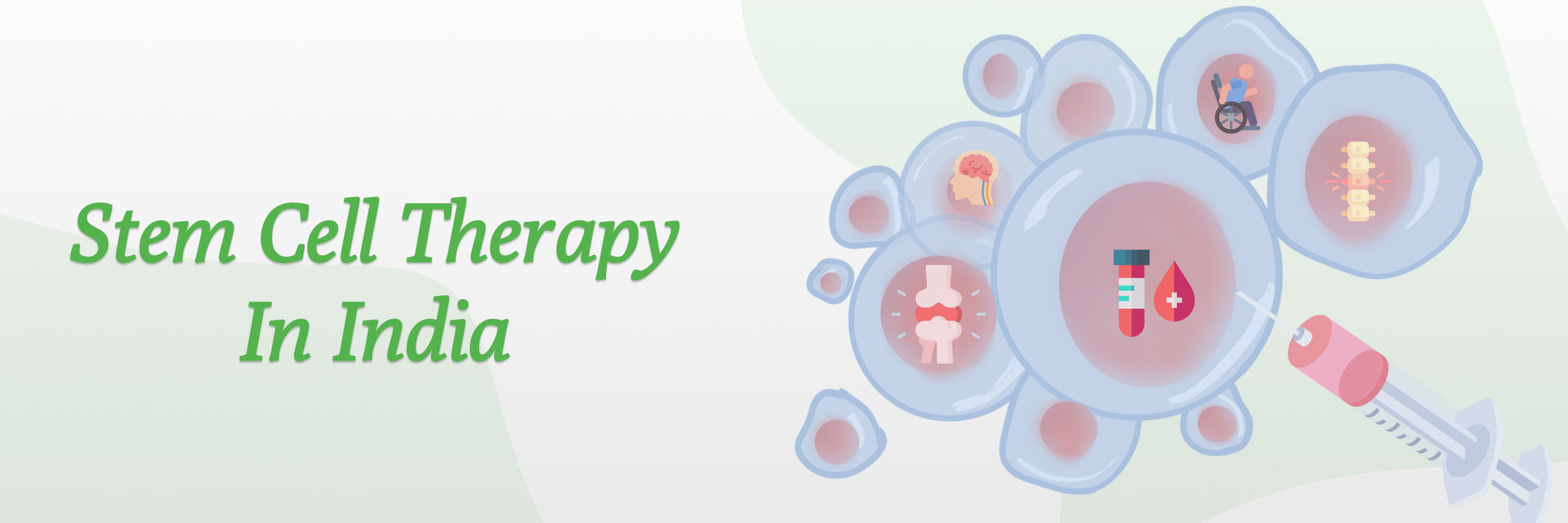Introduction
Neurodegenerative diseases such as Parkinson’s, Alzheimer’s, and ALS are among the most challenging conditions in modern medicine. Marked by the gradual degeneration of nerve cells, these disorders severely impact memory, movement, and cognitive ability—often leading to complete dependency and reduced life expectancy.
Despite advances in neurology, there is still no cure, and current treatments only manage symptoms. This has created an urgent demand for innovative therapies like stem cell treatment, which offer hope for regeneration and long-term improvement.
In India, the situation is increasingly dire. Over 4 million people suffer from dementia, and nearly 1 million live with Parkinson’s disease—numbers expected to double in the coming years due to an aging population and limited access to advanced care. This escalating health burden calls for immediate focus on accessible, effective treatment options like stem cell therapy.
Discover how regenerative medicine can make a real difference - Consult Today and Take the First Step Toward Recovery.
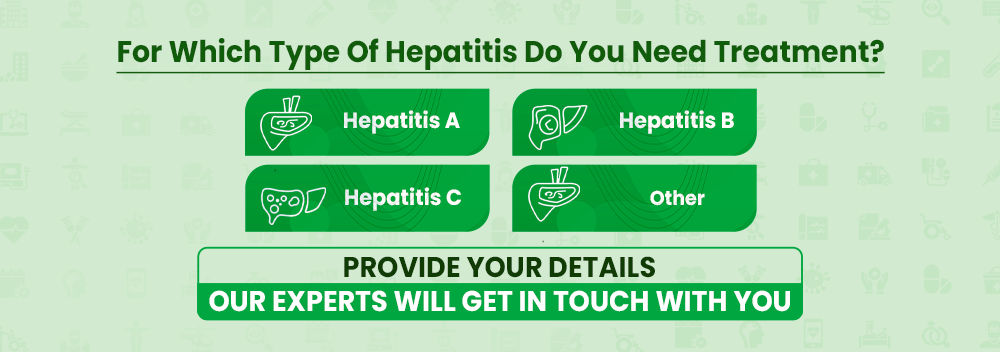
Can Stem Cells Help in Neurodegenerative Diseases?
Stem cell treatment for brain disorders works by introducing healthy stem cells that can:
Differentiate into neurons and other support cells
Modulate inflammation, reducing secondary damage
Stimulate tissue regeneration through the release of neurotrophic factors
Enhance neuroplasticity, improving motor and cognitive function
These mechanisms make stem cell therapy an innovative approach to managing and potentially treating various neurological disorders.
How Does Stem Cell Therapy Work for Neurodegenerative Diseases?
Stem cell therapy works by targeting the root causes of neurodegenerative diseases, aiming to repair or regenerate damaged nerve cells in the brain and spinal cord.
Key Ways It Helps:
- Cell Replacement: Stem cells can turn into neurons and replace damaged brain cells.
- Neuroprotection: They release growth factors that protect existing neurons.
- Inflammation Control: Stem cells reduce harmful inflammation in the nervous system.
- Immune Regulation: Helpful in autoimmune diseases like Multiple Sclerosis.
- Stimulates Natural Repair: Encourages the brain’s own stem cells to heal damage.
Treatment Process:
- Evaluation – Patient’s condition is assessed.
- Processing – Cells are purified and prepared in the lab.
- Administration – Delivered through IV, spinal injection, or directly to the brain.
- Follow-up – Patients undergo monitoring and rehabilitation.
Though still evolving, stem cell therapy is showing real potential in slowing progression, improving symptoms, and enhancing quality of life in conditions like Parkinson’s, Alzheimer’s, ALS, MS, and Huntington’s disease.
Which Neurodegenerative Diseases Can Be Treated with Stem Cell Therapy?
Stem cell therapy for neurodegenerative diseases is gaining momentum as a groundbreaking treatment option, targeting the root cause of these conditions rather than just managing symptoms. Here's an in-depth look at how this innovative therapy may benefit patients suffering from specific neurological disorders:
Alzheimer’s Disease:
Alzheimer’s disease is the most common form of dementia, characterized by the accumulation of amyloid-beta plaques and tau tangles in the brain, leading to memory loss and cognitive decline.
How stem cell therapy helps:
- Reduces amyloid plaques: Certain stem cells have shown the ability to clear toxic protein build-ups.
- Promotes neurogenesis: Encourages the formation of new neurons in the hippocampus, the brain’s memory center.
- Improves cognition: Early clinical studies suggest improvements in learning, recall, and overall mental clarity.
Parkinson’s Disease:
Parkinson’s disease occurs due to the degeneration of dopamine-producing neurons in the substantia nigra, leading to motor dysfunction and tremors.
How stem cell therapy helps:
- Restores dopamine levels: Stem cells can differentiate into dopaminergic neurons, helping restore balance.
- Reduces motor symptoms: Clinical trials report improvements in tremors, rigidity, and bradykinesia (slowness of movement).
- Slows progression: By protecting existing neurons, stem cell therapy may delay further degeneration.
Amyotrophic Lateral Sclerosis (ALS)
Also known as Lou Gehrig’s Disease, ALS leads to the gradual loss of motor neurons, affecting voluntary muscle control.
How stem cell therapy helps:
- Protects motor neurons: Stem cells release neurotrophic factors that enhance neuron survival.
- Regenerates nerve tissue: Potential to replace damaged motor neurons and improve muscle coordination.
Improves life expectancy: Although not curative, therapy may slow progression and enhance quality of life.
Huntington’s Disease
Huntington’s disease is a genetic neurodegenerative disorder marked by involuntary movements, mood changes, and cognitive deterioration due to neuron loss in the basal ganglia.
How stem cell therapy helps:
- Replaces lost neurons: Stem cells can differentiate into GABAergic neurons, which are primarily lost in this condition.
- Enhances motor control: Some patients show improved coordination and reduced involuntary movements.
- Supports mental health: Improved brain function may reduce anxiety, depression, and cognitive issues.
Multiple Sclerosis (MS)
Multiple Sclerosis is an autoimmune disease where the immune system attacks the myelin sheath, the protective covering of nerves, causing neurological symptoms and disability.
How stem cell therapy helps:
- Promotes remyelination: Stem cells help regenerate the damaged myelin sheath, restoring nerve function.
- Improves symptoms: Patients may experience better balance, less fatigue, and fewer relapses.
Risks and Benefits of Stem Cell Therapy for Neurodegenerative Diseases
Stem cell therapy has emerged as a promising treatment option for neurodegenerative conditions such as Parkinson’s disease, Alzheimer’s disease, ALS, MS, and Huntington’s disease. However, as with any advanced medical procedure, it's essential to understand both the potential benefits and the associated risks before considering this therapy.
Key Benefits
- Regeneration of Damaged Neurons
Stem cells can transform into neurons and other brain cells, potentially repairing damaged neural tissue—something traditional medicine cannot offer. - Improved Motor and Cognitive Function
Patients with conditions like Parkinson’s or Alzheimer’s may experience better movement control, memory, and attention span, contributing to more independence in daily activities. - Reduction in Disease Symptoms
Many patients report reduced symptoms such as tremors, muscle stiffness, fatigue, and cognitive fog, enhancing overall well-being.
Potential Risks
- Immune Rejection
In allogeneic (donor-derived) treatments, there is a risk that the patient’s immune system might reject the transplanted cells, leading to complications. - Infection and Tumor Formation
If not properly handled, there is a small but real risk of infections or tumor development (especially with pluripotent stem cells), though these are rare in well-regulated settings. - Uncertain Long-Term Effects
While early results are promising, long-term outcomes are still under study. There’s no guaranteed cure, and results may vary widely between patients.
Eligibility Criteria
To undergo stem cell therapy for neurological disorders, patients typically must:
- Be medically stable
- Have a confirmed diagnosis of a neurodegenerative condition
- Be willing to undergo post-treatment follow-up and assessments
Still Wondering If Stem Cell Therapy Is Right for You? Enquire Now for a Personalized Consultation

Where is Stem Cell Therapy for Neurodegenerative Diseases in India available?
India is emerging as a significant contributor to stem cell therapy, with numerous research institutions and clinical trials underway. The country's advanced medical facilities, infrastructure, and relatively lower costs make it an attractive destination for patients seeking stem cell treatments.
1. StemRx Bioscience Solutions Private Limited, Navi Mumbai
Led by Dr. Pradeep Mahajan, this center is pioneering regenerative medicine in India.
Notable Achievements:
- Successful treatment of over 8,000 patients with neurological, orthopedic, and metabolic disorders using stem cell therapy.
- ISO-certified research and clinical facility, ensuring quality and international safety standards.
- Development of personalized cell-based protocols for diseases like Parkinson’s, ALS, and spinal cord injuries.
- Ongoing clinical collaborations with international institutions for translational research.
- Recognized for ethical, non-invasive therapies using autologous stem cells and exosomes.
2. NeuroGen Brain and Spine Institute, Mumbai
NeuroGen Brain and Spine Institute is an organisation and a concept that aims to provide stem cell therapy for individuals with incurable neurological disorders.
Notable Achievement:
- Treated over 10,000 patients with conditions such as cerebral palsy, autism, Parkinson’s, and spinal cord injury.
- Published 150+ scientific papers in reputed journals on stem cell therapy for neurological conditions.
- Pioneered combined therapies, integrating stem cells with rehabilitation and neuro-rehabilitation.
- Recognized for treating rare and complex cases like Rett syndrome and Huntington’s disease.
- Awarded for excellence in innovation and patient care in neurorehabilitation and stem cell applications
3. Medanta - The Medicity, Gurgaon
A multispecialty hospital known for high-end treatments, including stem cell-based neurology programs.
Notable Achievement:
- Successfully implemented autologous stem cell therapy in early-stage ALS and multiple sclerosis patients.
- Hosts state-of-the-art stem cell research labs, accredited by national and international bodies.
- Collaborates with ICMR and global biotech firms for advanced stem cell clinical trials.
- Offers interdisciplinary treatment by neurologists, immunologists, and regenerative medicine specialists.
- Recognized for patient-centric innovations, including minimally invasive stem cell infusion techniques.
4. Kokilaben Dhirubhai Ambani Hospital, Mumbai
A premier private hospital known for integrating traditional and advanced therapies.
Notable Achievement:
- Launched India’s first comprehensive regenerative medicine unit within a corporate hospital setting.
- Successfully treated patients with advanced Parkinson’s and Alzheimer’s disease using MSC therapy.
- FICCI-recognized for innovation in neurological research and integrated care models.
- Collaborates on stem cell neurodegeneration trials with academic institutions.
- Offers precision medicine approaches, combining genetics, imaging, and stem cell protocols.
5. AIIMS, New Delhi
India’s leading public institution for research and clinical innovation in neurology and regenerative medicine.
Notable Achievement:
- Conducted pioneering government-approved stem cell trials for stroke and spinal cord injuries.
- Hosts India’s first government-funded stem cell research unit, under ICMR and DBT.
- Developed ethical guidelines and safety protocols for stem cell use in neurodegenerative disorders.
- Published breakthrough research on stem cells for brain injuries and dementia.
- Trains future generations of regenerative medicine experts through academic programs and fellowships.
6. Apollo Hospitals, Chennai
A top-tier healthcare network with a dedicated focus on cell-based therapies and regenerative neurology.
Notable Achievement:
- Implemented India’s first commercial neural stem cell treatment program for MS and ALS.
- Offers customized treatment plans using adipose and bone marrow-derived stem cells.
- Developed AI-based outcome monitoring tools for patients undergoing stem cell therapy.
- Collaborated with Harvard Stem Cell Institute and other international organizations.
- Known for multidisciplinary teams combining neurology, genetics, and regenerative sciences.
Start Your Journey to Better Health Today!- Find the best stem cell therapy specialists and treatment options at ClinicSpots.
How much does neural stem cell therapy cost?
The cost of stem cell therapy for neurodegenerative diseases varies widely depending on location, the type of treatment, and the condition being treated. In countries like the USA and Europe, stem cell therapy for conditions such as Parkinson's disease, Alzheimer's disease, and ALS can cost anywhere from $20,000 to $50,000.
However, stem cell therapy in India offers a more affordable option, with costs ranging from approximately $8,000 to $12,000. This makes India an attractive destination for those seeking high-quality stem cell treatments at a fraction of the cost of Western countries.
Still curious about the cost of stem cell therapy? Understanding the costs involved is crucial for planning your treatment. Consult with leading stem cell therapy experts for detailed cost information tailored to your specific needs.
Factors Affecting the Cost of Stem Cell Therapy:
- Type of Treatment: The cost can vary based on the type of stem cell therapy (e.g., autologous stem cells vs allogeneic stem cells) and the complexity of the procedure.
- Post-Treatment Care: Follow-up visits, rehabilitation therapy, and additional tests can add to the overall cost.
- Clinical Trials: If you participate in a clinical trial for neurodegenerative diseases, the cost may be subsidized, though there are still potential out-of-pocket expenses.
Is Stem Cell Therapy for Neurodegenerative Diseases FDA Approved?
Currently, stem cell treatments for neurodegenerative diseases like Parkinson's, Alzheimer's, and ALS are still largely in the experimental stage. While some stem cell-based treatments have been FDA-approved for specific conditions, most therapies are under clinical trials and require rigorous testing to ensure their safety and efficacy.
Key Points on FDA Approval and Stem Cell Therapy:
- Regulatory Oversight: The FDA oversees and regulates clinical trials to ensure that stem cell therapies meet rigorous standards of patient safety and scientific integrity.
- Ongoing Research: Clinical trials are continuously being conducted to evaluate the long-term effectiveness of stem cell treatments in neurodegenerative diseases. Early results are promising, showing potential for symptom improvement and disease progression slowdown.
Conclusion:
In conclusion, stem cell therapy for neurodegenerative diseases like Parkinson's, Alzheimer's, and ALS shows great promise for improving motor and cognitive function. While still under research, early results highlight the potential for regenerating neurons and enhancing quality of life. India offers affordable options for stem cell treatments, making it a popular choice for patients seeking regenerative medicine. Always consult experts and stay informed about FDA approval and ongoing clinical trials.
References:
